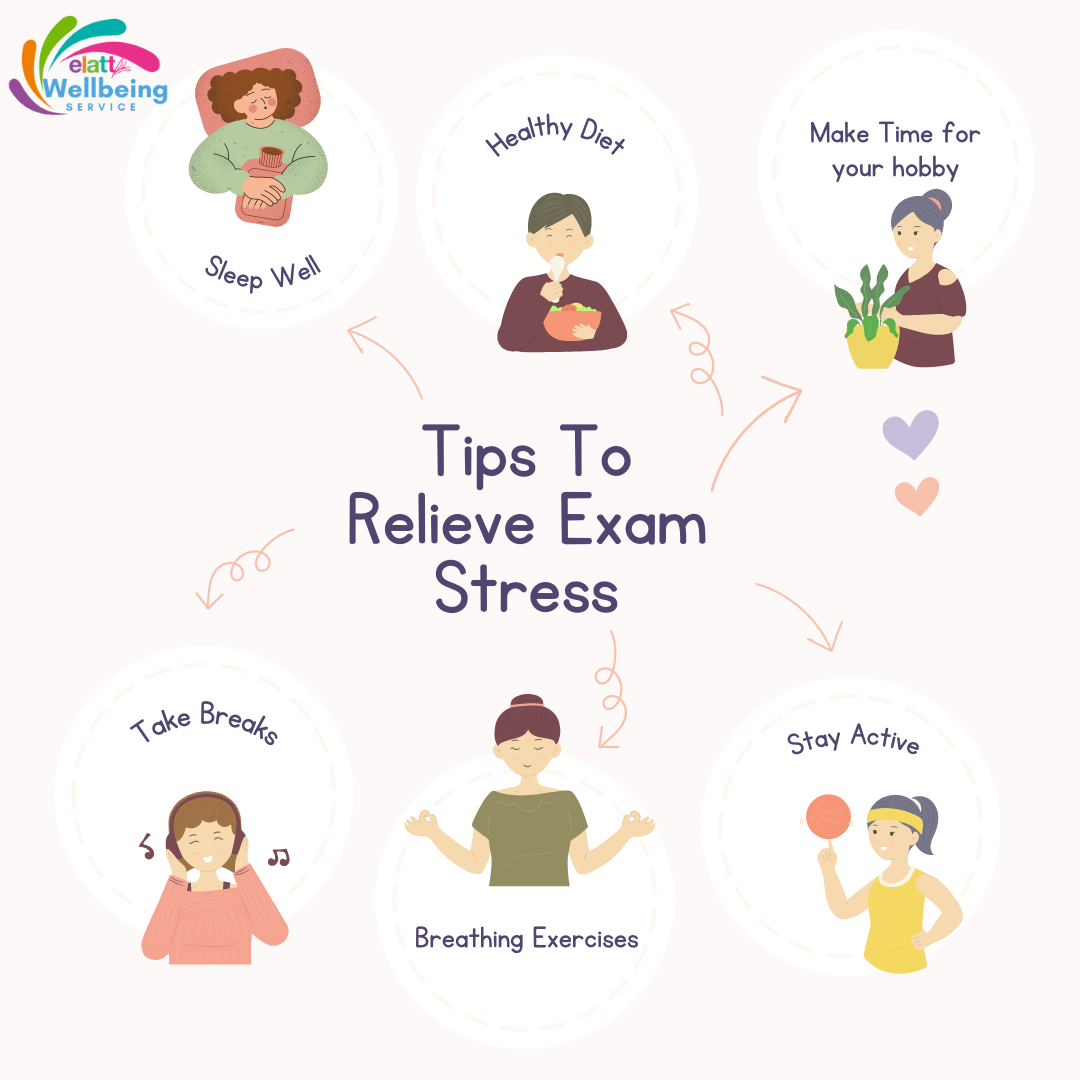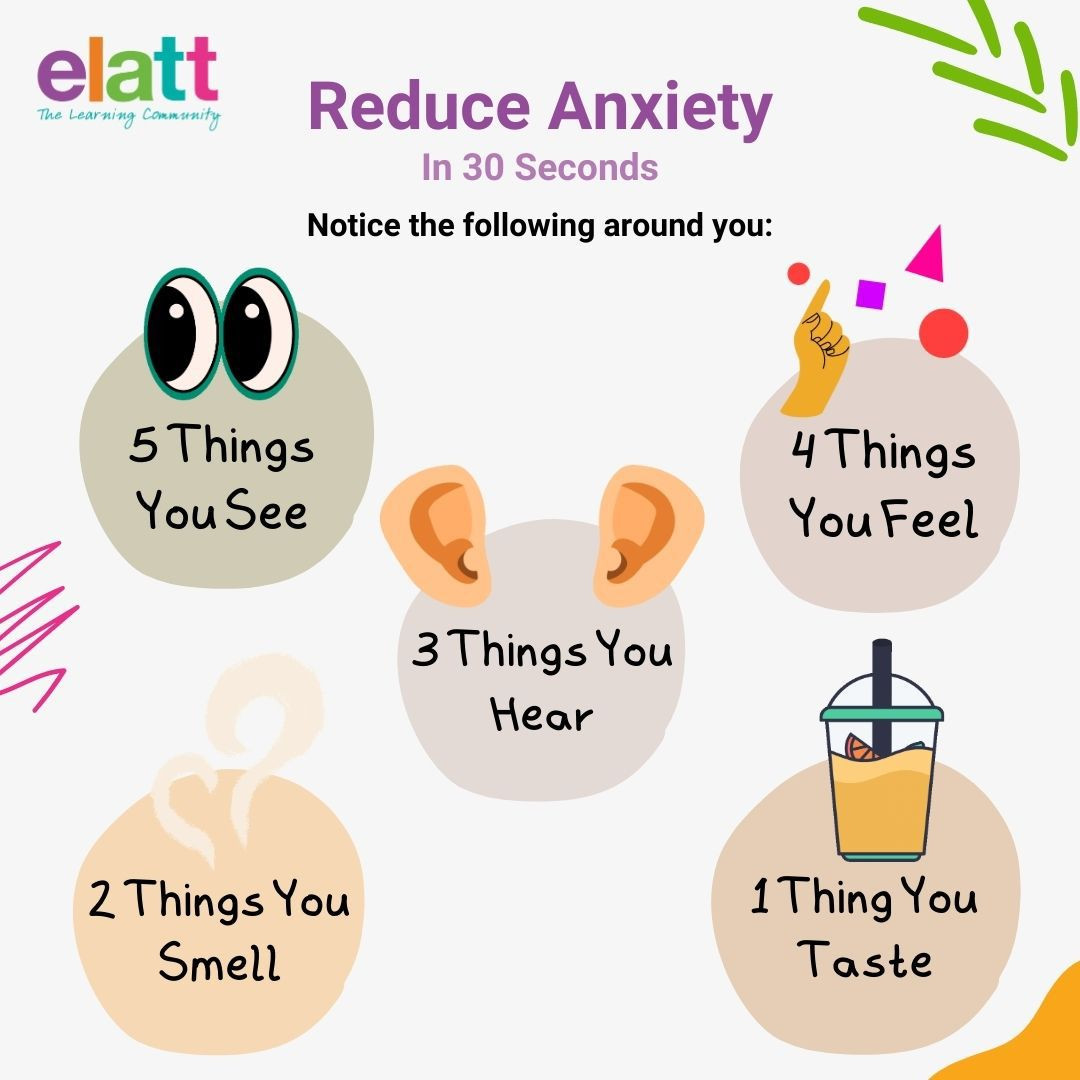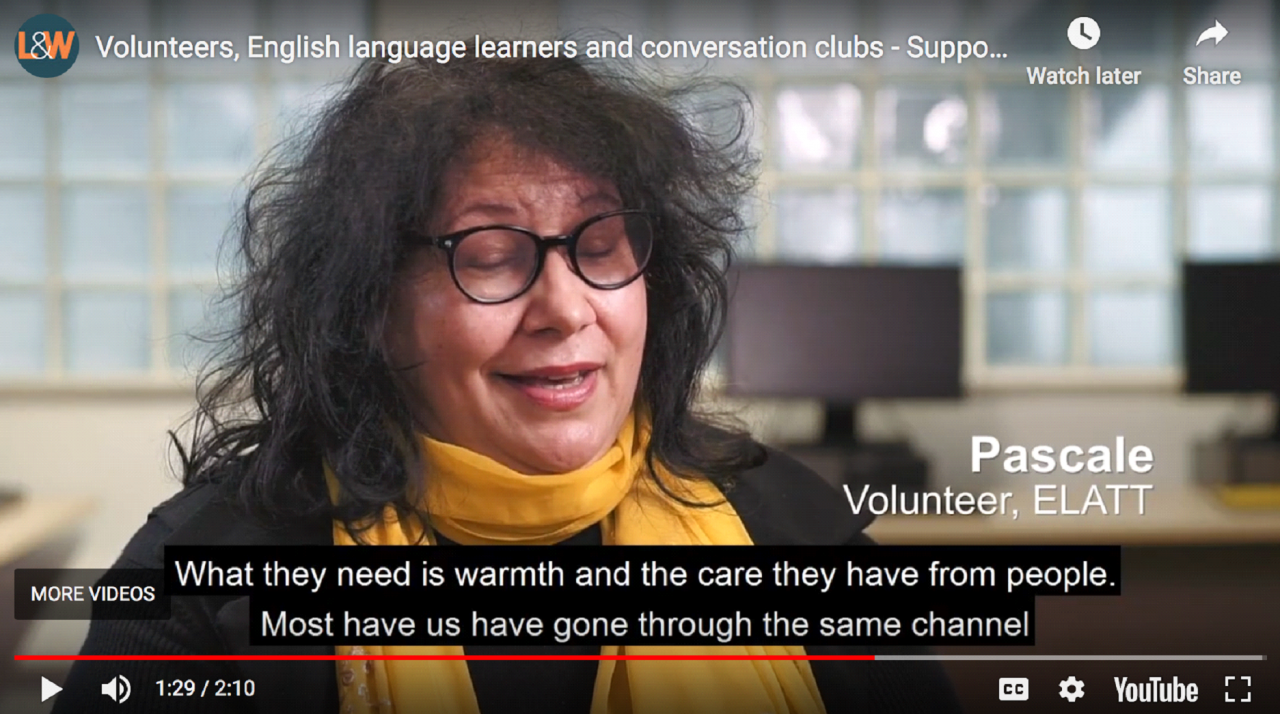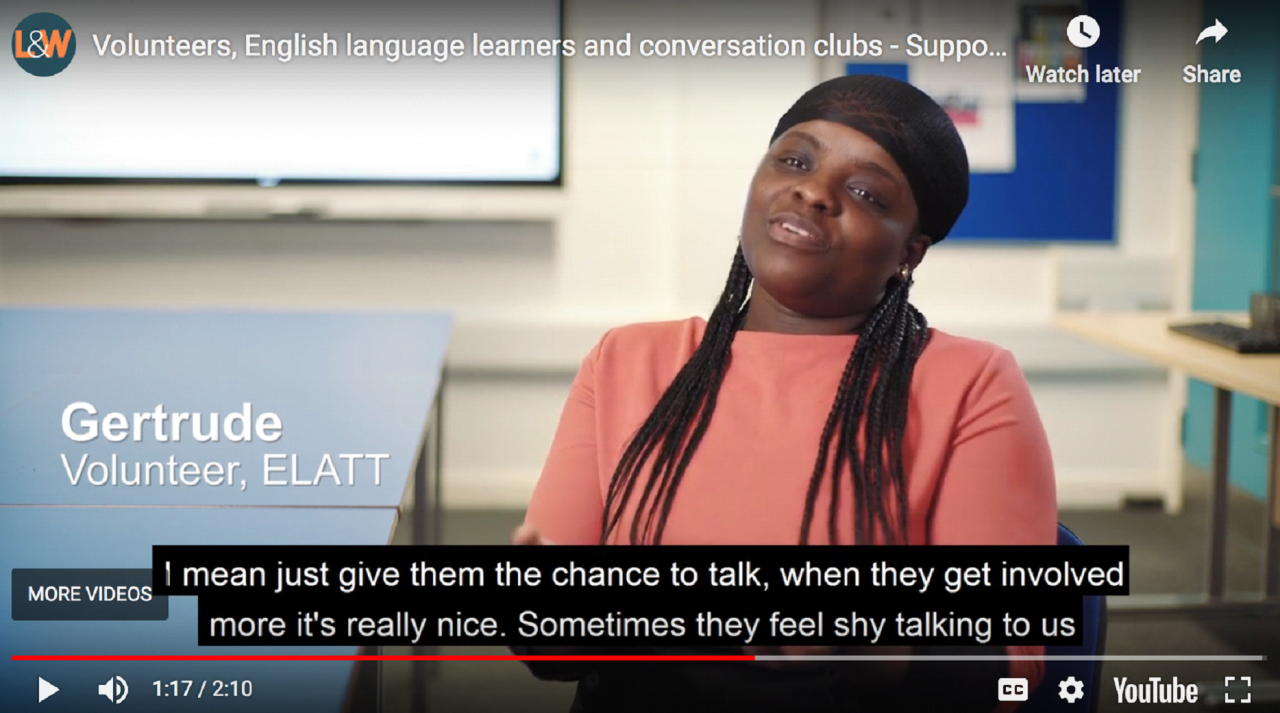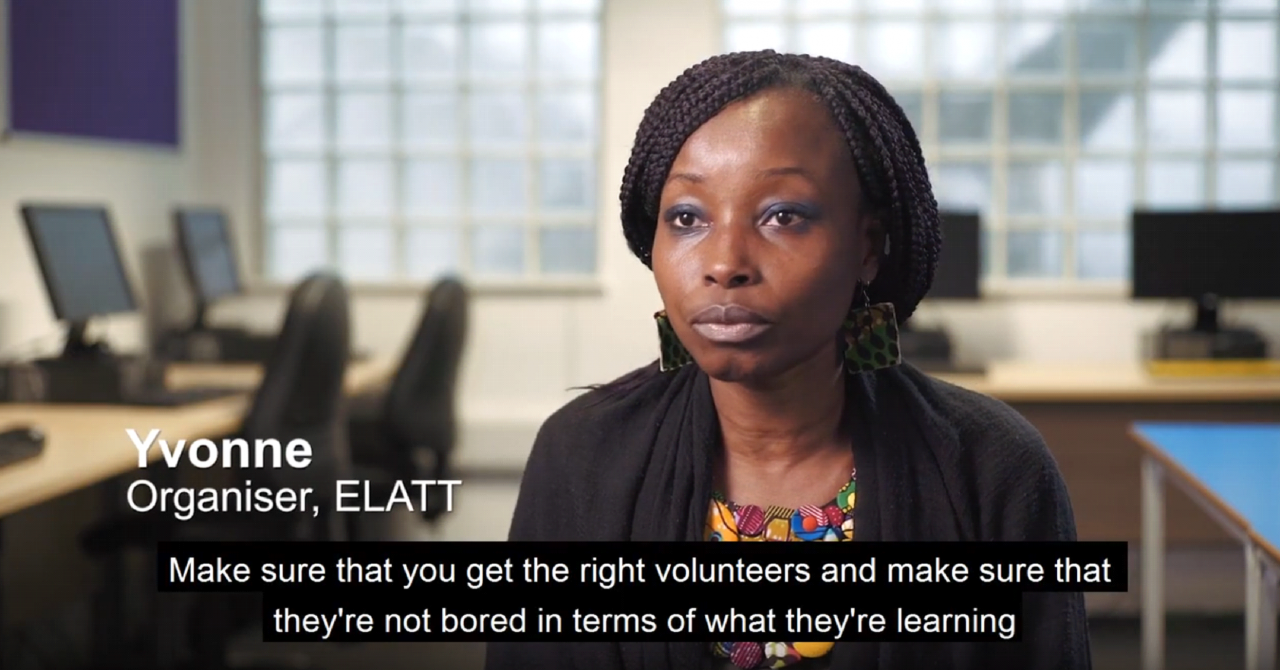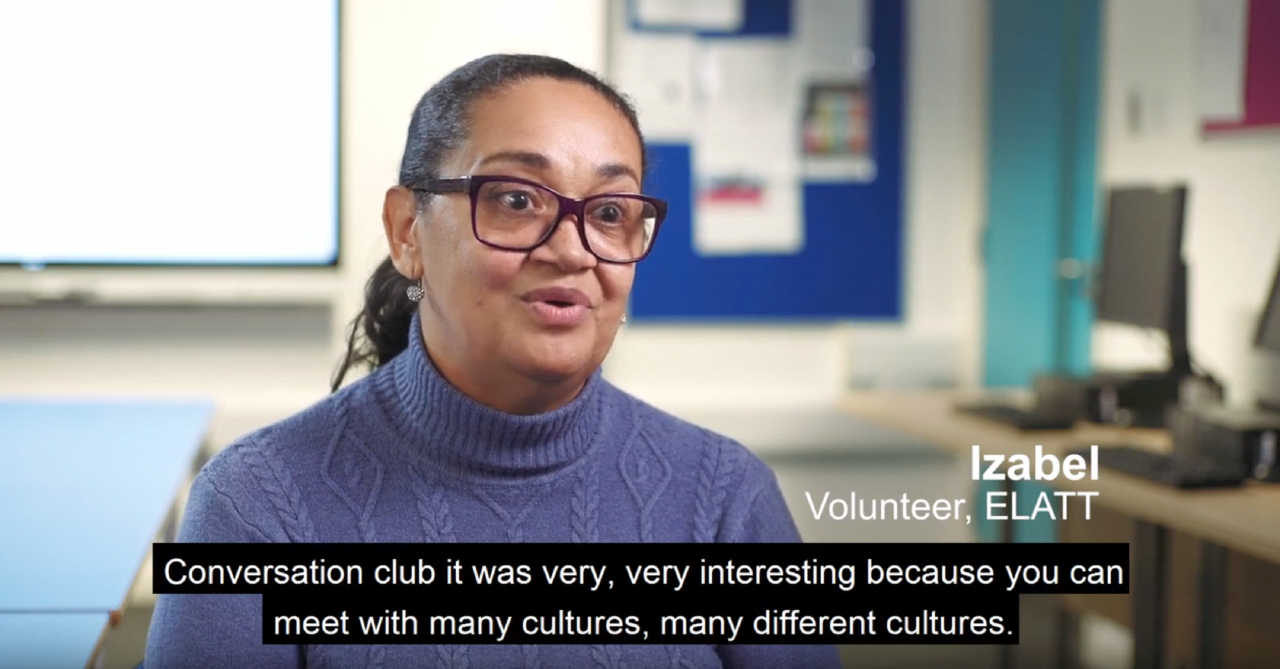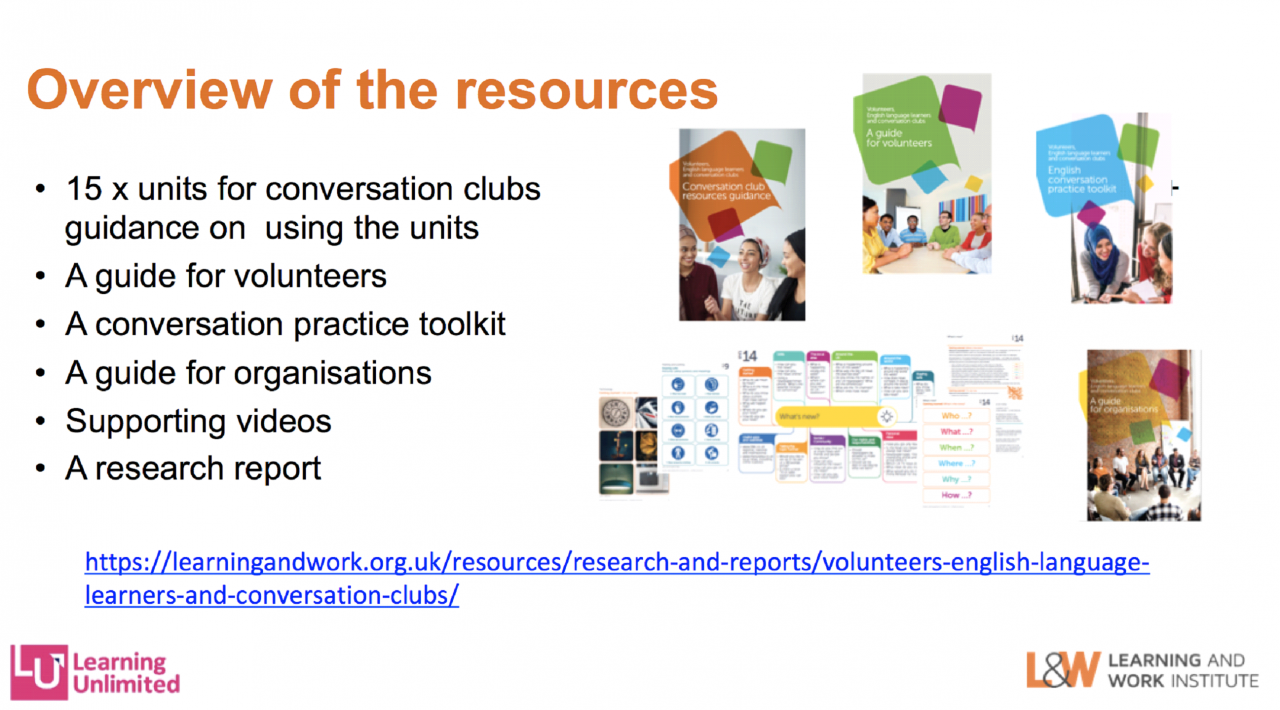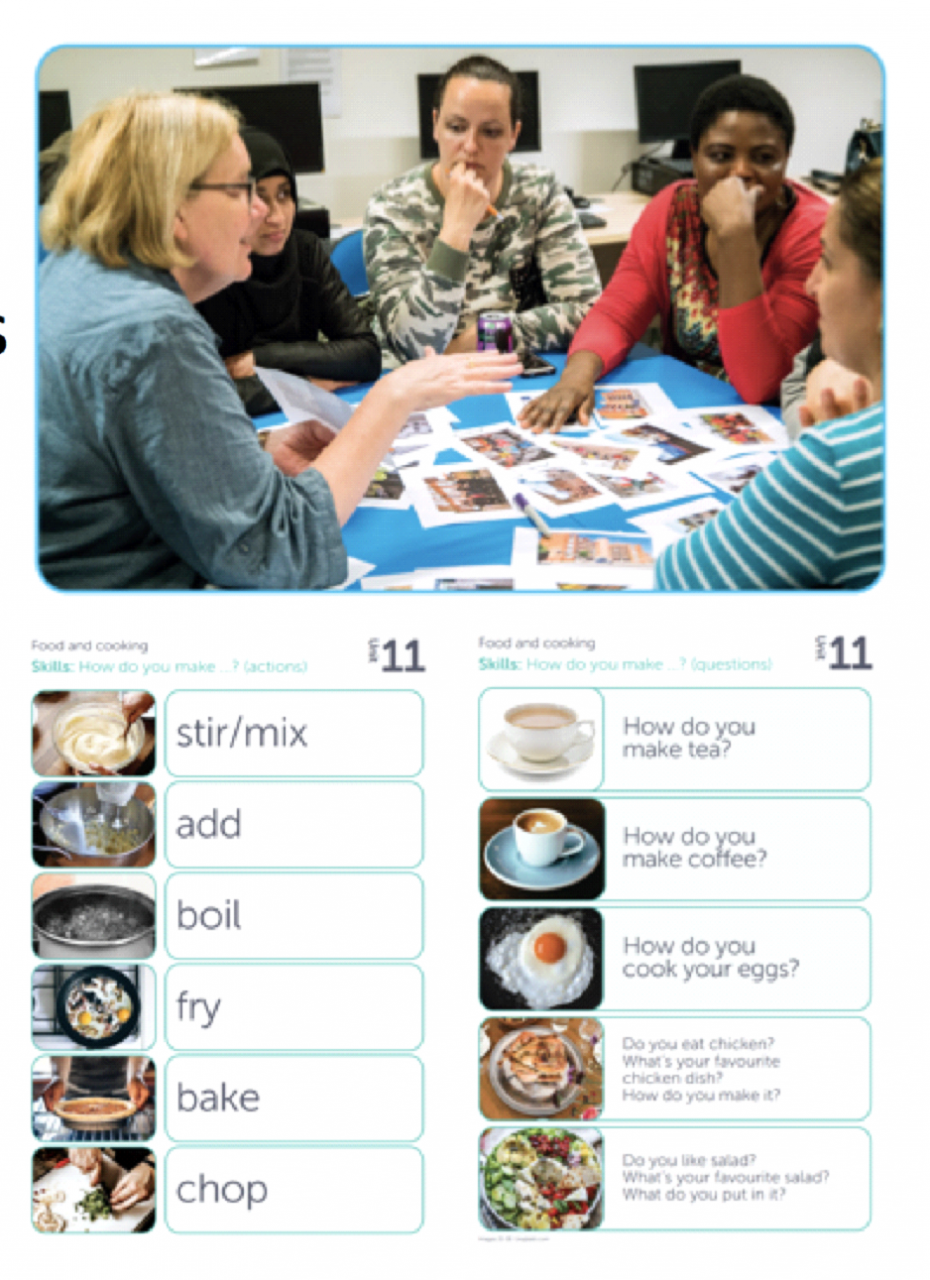Neurodiversity Celebration Week shines a light on the importance of understanding and embracing neurological differences. This global initiative highlights the importance of understanding, recognising, and supporting neurodivergent individuals within our communities, schools, universities, and workplaces. By celebrating these differences, we can pave the way towards more inclusive and equitable cultures that not only recognise but also celebrate the unique talents and abilities of neurodivergent individuals. At ELATT, we're committed to this change, ensuring our students are equipped with the digital skills needed for today's workforce.
“Neurodiversity describes the different ways that we all think, move, hear, see, understand, process information, and communicate with each other.” *
Understanding Neurodiversity
Neurodiversity encompasses a range of neurological conditions, including autism, attention deficit hyperactivity disorder (ADHD), and dyslexia, among others. The concept advocates for a shift in perspective, viewing these variations not as deficits but as natural and valuable diversity within the human brain. Despite this, neurodivergent individuals often face significant barriers and misconceptions, something Neurodiversity Celebration Week aims to change.
“Neurodiversity is as crucial for humans as biodiversity is for life in general.” *
The Challenges Faced by Neurodivergent Students
For many neurodivergent students, the journey through traditional education systems is fraught with hurdles. Academic and social challenges are compounded by environments that often do not cater to their unique learning and emotional needs. This can lead to heightened anxiety, a sense of alienation and difficulties in adapting to conventional teaching methods.
ELATT's Approach to Supporting Neurodivergent Students
ELATT, an educational institution with a strong commitment to supporting neurodiverse students, particularly those eyeing careers in the digital and tech sectors, offers an example of how to address these challenges. With a focus on small class sizes, personalised support, and a teaching assistant in every classroom, ELATT ensures that its students, who often require more support than is available in most colleges, receive the attention and care they need. This approach is especially crucial for students with conditions such as mild to moderate autism, ADHD and other neurological conditions as well as those facing physical disabilities.
The provision of on-site support, including education psychologists, counsellors, and emotional literacy assistants, underscores ELATT's understanding of its students' multifaceted needs. Acknowledging that high levels of anxiety can significantly hinder educational progress, ELATT's comprehensive support system is designed to restore confidence and competence in students who may feel discouraged by their past educational experiences.
Building Bridges to the Tech Industry
In addition to creating a supportive educational environment, ELATT extends its mission to bridge the gap between neurodivergent students and the digital and tech industries. Through partnerships with renowned tech and digital companies, ELATT facilitates work experiences and placements, ensuring a smoother transition for students from education to employment. These collaborations are not only beneficial for the students but also allow companies to tap into the unique perspectives and skills that neurodivergent individuals bring to the table.
“Studies and research from the likes of McKinsey have shown that diversity correlates with better financial performance, and Deloitte describe neurodiversity of thinking as the new frontier. However, there is a lack of more nuanced information about what specifically organisations need to do to genuinely become more neurodiverse.” *
Creating Neurodiversity-Friendly Environments
Creating an inclusive environment for neurodivergent individuals is a critical step towards building a society that values diversity and inclusivity. Here are five important steps towards creating neurodiversity-friendly environments:
- Enhance Awareness and Education:
Conduct training sessions for all staff/students to increase understanding of neurodiversity, covering topics such as autism, ADHD, dyslexia, and other neurodivergent conditions. Awareness programs should emphasize the strengths and challenges associated with neurodiversity, debunk myths, and promote a culture of inclusivity. - Implement Personalized Accommodations:
Recognise that each neurodivergent individual has unique needs. Offer personalised accommodations, such as flexible work or study schedules, quiet spaces for work or relaxation, permission to use noise-cancelling headphones, and alternative formats for communication and learning materials. Encourage individuals to communicate their needs openly, ensuring confidentiality and respect. - Foster Inclusive Communication:
Adopt communication strategies that cater to diverse needs. This includes clear, concise instructions, visual supports, and the flexibility to use written communication when preferred. Creating an environment where everyone feels comfortable expressing their preferred communication styles is key to fostering inclusivity. - Design Accessible Physical Spaces:
Ensure that the physical environment supports neurodivergent individuals. This could involve creating sensory-friendly spaces with adjustable lighting and noise levels, providing quiet zones free from overwhelming sensory inputs, and ensuring that the layout and signage are clear and navigable for everyone, including those with sensory sensitivities. - Build a Supportive Community:
Encourage peer support groups, mentorship programmes, and networking opportunities that connect neurodivergent individuals with allies and mentors. Promote an organisational culture that values diversity, encourages sharing of experiences and strategies, and actively involves neurodivergent voices in decision-making processes related to inclusivity initiatives.
By following these steps, workplaces and educational institutions can move towards creating environments that not only accommodate but also celebrate neurodiversity, leveraging the unique strengths and perspectives that neurodivergent individuals bring.
Neurodiversity Celebration Week serves as a vital reminder of the richness that neurodivergent individuals bring to our world. Through the dedicated efforts of institutions like ELATT and the broader community's commitment to inclusion, we can create spaces where every individual is valued and supported. Let us all take a step forward in celebrating neurodiversity, not just for one week, but all the time.
Credits and Resources:
* City & Guilds Neurodiversity Index Report
The official Neurodiversity Celebration Week website
10 STEPS to creating a neurodiverse inclusive environment, University of BATH
Supporting neurodiversity in education, UCL
Find out more about our courses:
Our Courses
Find out more about Our Training:
Our Training
And our Learning Model:
Our Leaning Model






